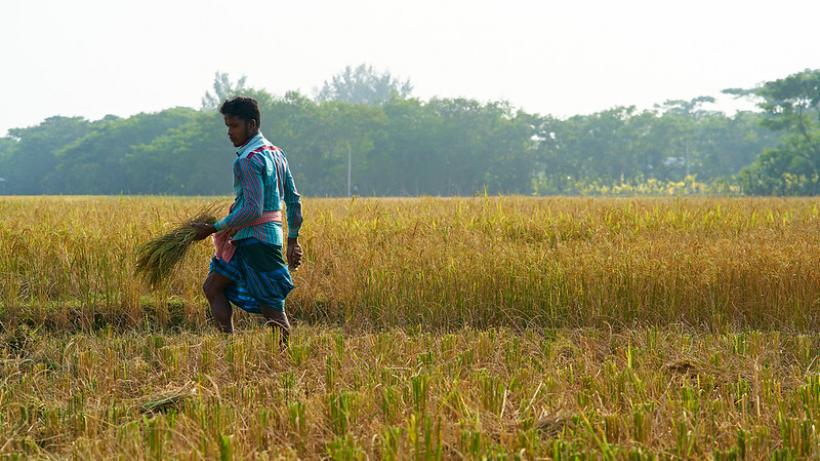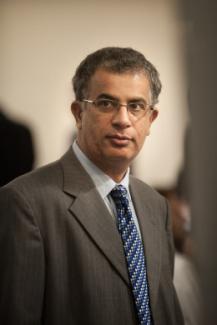
COVID-19 vs the ultra-poor graduation approach: Evidence from Bangladesh
You can also listen to the audio event recording here (audio begins at 6.20):
The poorest and the most vulnerable households in low-income countries have been hit hardest by COVID-19. In Bangladesh, an additional 22.9% of the population fell below the poverty line (Rahman et al., 2020).
In normal conditions, BRAC’s Ultra-Poor Graduation (UPG) program has proven highly successful at giving the poorest women in some of the poorest areas of Bangladesh the tools to escape the poverty trap (Balboni et al., 2021; Bandiera et al., 2017).
Recent research by BRAC Institute of Governance and Development and LSE, 2021 investigates the impact of the COVID-19 pandemic on the 2007 cohort of beneficiaries of BRAC’s UPG program in rural areas of Bangladesh. Using the findings of Balboni et al. (2020) to compare two groups—above the poverty threshold and below the poverty threshold—we find two groups that benefited to a different extent. The study also compares the resilience of the younger participants to the older group. Participants who fare better are more likely to have good jobs, including salaried, agricultural, and non-agricultural work, and productive assets at the beginning of the COVID-19 pandemic. They are also more likely to keep good jobs during these unprecedented times and suffer less from COVID-19 induced migration.
This webinar brings to light latest findings by BRAC Institute of Governance and Development and LSE on the impact of the COVID-19 pandemic on the 2007 cohort of beneficiaries of BRAC’s UPG program in rural areas of Bangladesh and includes a live audience Q&A with Oriana Bandiera and the panel.




